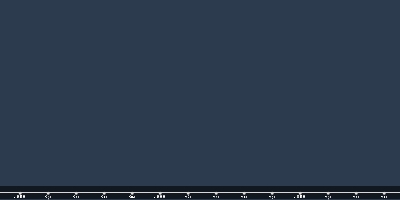Bar Kokhba revolt (1 gen 132 anni – 1 gen 135 anni)
Descrizione:
The Bar Kokhba revolt, also known as the Third Jewish-Roman War, was a significant armed uprising led by Simon bar Kokhba against the Roman Empire in 132 CE. Lasting until 135 or early 136 CE, it marked the final escalation of the Jewish-Roman conflicts and ended in a decisive defeat for the Jewish rebels.Background and Causes:
The revolt was fueled by widespread discontent among the Jewish population of Judea towards Roman rule, exacerbated by factors such as the destruction of the Second Temple in 70 CE, the imposition of unpopular administrative and economic changes, the construction of the Roman colony of Aelia Capitolina over Jerusalem, and the establishment of a pagan temple on the Temple Mount. Quintus Tineius Rufus, the Roman governor of Judea, is often cited in Rabbinic literature and by the Church Fathers as a provocateur of the revolt. Additionally, the charismatic and messianic leadership of Bar Kokhba played a significant role in rallying support for the uprising.
Revolt:
The initial stages of the revolt saw the rebels achieve some successes, establishing an independent Jewish state in Judea with Bar Kokhba as its leader. Bar Kokhba was regarded by many as the messianic figure who would lead the Jews to national liberation. However, the Roman Emperor Hadrian responded by assembling a formidable military force under Sextus Julius Severus and launching a massive campaign to quell the rebellion.
Military Losses and Depopulation:
The defeat of the rebels resulted in devastating consequences for the Jewish population of Judea. Many Jews were killed or expelled by Roman forces, leading to a significant depopulation of the region. Archaeological evidence and historical sources attest to the widespread destruction and displacement caused by the conflict. Roman casualties were also heavy, with the disbandment of Legio XXII Deiotariana being attributed to serious losses suffered during the revolt.
Consequences:
Following the failure of the revolt, the center of Jewish life shifted from Judea to Galilee. The Romans imposed stringent religious edicts, including a ban on Jews entering Jerusalem, which remained in place even after Hadrian's death. The revolt also had profound philosophical and religious implications, shaping Jewish attitudes towards messianism and political thought. Bar Kokhba came to be derogatorily referred to as "Ben Koziva" (Son of Deception) in the Talmud, reflecting the view that he was a false messiah. Additionally, the revolt helped differentiate Early Christianity from Judaism, contributing to the growing schism between the two faiths.
Aggiunto al nastro di tempo:
Data:
1 gen 132 anni
1 gen 135 anni
~ 3 years
